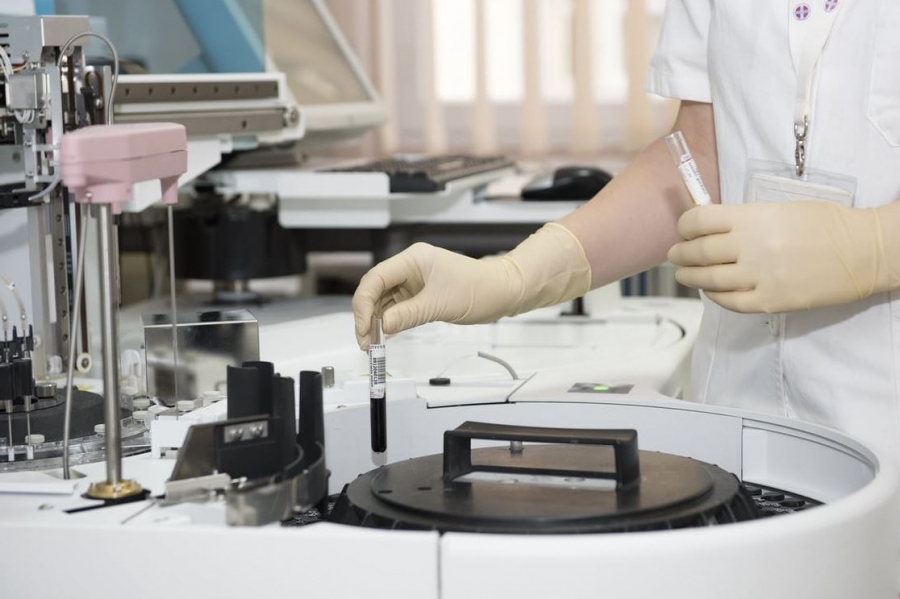Medical laboratories all over contain a variety of devices used to treat patients, most of them perform functions at which we can only marvel. A lot of medical technology is big, shiny and clean. But some of it is very small and simple yet effective. Even latex surgical gloves are categorized as “medical tech.” Let’s take a look at some of the more interesting items.
ELISA
An ELISA is a series of devices, commonly called a “setup,” that stands for “enzyme-linked immunosorbent assay.” It is most widely used these days for the detecting proteins, tumor markers, hormones, and various viruses. It is the updated replacement for the previously-used “radioimmunoassay” (RIA) setup.
Medical Research Labs & Equipment
Depending on the field of study, various medical research labs may have different goals from one another. Despite this, they often have similar needs in terms of the types of equipment that they will need. This is often because whether the basic science is chemistry research or microbiology, many of the procedures, including efficient microplate handling, are used to get results are the same. For example, many research labs will make use of data analysis software. Such programs allow for the safe storage of data, utilize any automated systems, monitor data output by various other lab instruments, and more.
Colorimeter
While the name may sound simplistic, this piece of tech is not. It’s designed in photochemical analyses and to measures quantities of certain elements present in the body, such as blood sugar. An important and possibly life-saving tool in the case of diabetics, for example.
Ultracentrifuge
A variant of the centrifuge, the ultracentrifuge is used for spinning the rotor at very high speeds. There are two variants, the analytical and the preparative ultracentrifuge. Both are important medical tools in various scientific fields. Analytical ultracentrifuges are useful for real-time sample analysis via optical changes after the introduction of ultraviolet light. They are particularly popular today thanks to their ability to easily interface with computer software.
Preparatory ultracentrifuges are useful for such tasks as separating the gradients in a given sample or the pelleting of finer particles. These are but a few of the devices you’ll find in medical practices and research labs. Some medical tech is far more complex and involved, but everything from the lowly pipette to the MRI machine has pushed medical innovation forward.








